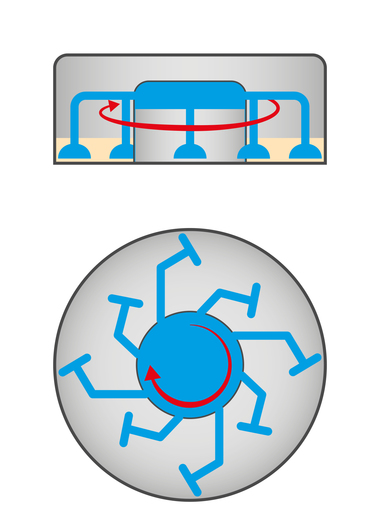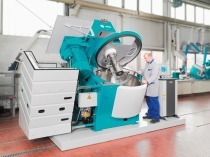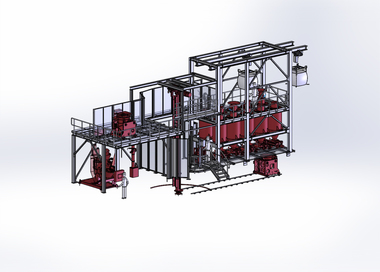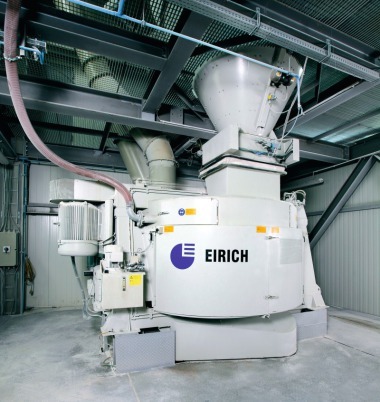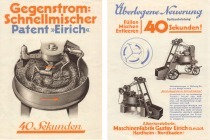Mixing and other equipment on display at Intermat 2015
Renowned the world over for its mixers, Eirich will showcase equipment and solutions for a wide range of uses at its redesigned booth (Hall 7, Booth L 014) at this year’s Intermat trade show that will take place from 20 to 25 April in Paris.
If and when required, Eirich mixers can be operated at high tool speeds to ensure optimal pigment distribution and to break down clay lumps in the sand, which, in turn, reduces the frequency of surface defects, and thus reject rates.
For about ten years, there has also been an increasing demand for Eirich equipment on the part of precast producers. Superior...


